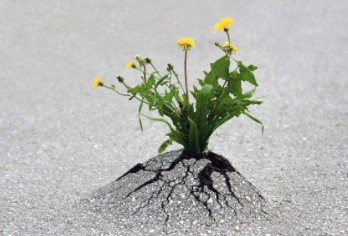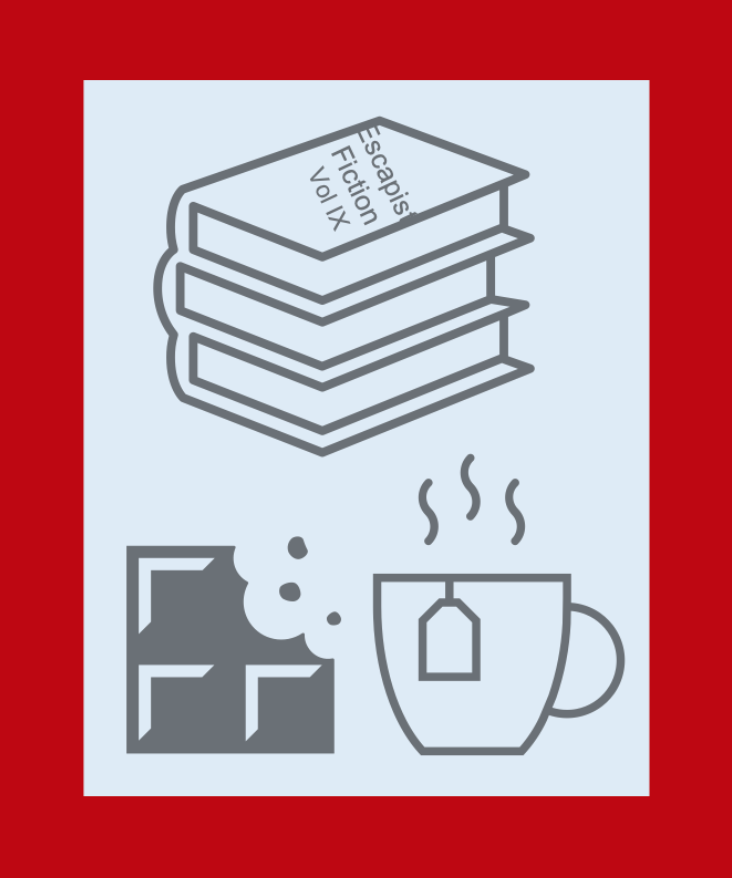
Who doesn’t love a story? People’s career stories can make brilliant case studies, for inspiration and advice. This blog will help you think about where to find case studies and what to do with them once you have them. The Life Scientific thread…

Who doesn’t love a story? People’s career stories can make brilliant case studies, for inspiration and advice. This blog will help you think about where to find case studies and what to do with them once you have them. The Life Scientific thread…

In this blog, we interviewed research assistant Bridie MacDonald about her work in IAPT. What is the difference between a psychological wellbeing practitioner (PWP) and a high intensity (HIT) CBT Therapist? PWP and HIT CBT Therapist are both psychological therapists in NHS Improving Access to Psychological Therapy (IAPT)…

Helena discusses collaborative (CASE) PhD studentships and the mutual benefits of working with her non-academic partner, Beat charity. What are CASE studentships? Collaborative (CASE) Studentships, formerly known as “Collaborative Awards in Science and Engineering”, are funded PhD studentships in which the student works in partnership with a…

In the second of this pair of blogs, Prof Thalia Eley reflects on resilience from the perspective of a senior academic. If you missed our previous blog where Dr Kirstin Purves answered the same questions from the perspective of the early career researcher, you can read it here. …

In the first of a pair of blogs, Dr Kirstin Purves reflects on resilience from the perspective of an early career researcher. Next up will be the sister blog where Prof Thalia Eley will answer the same questions from the perspective of a senior academic. What…

A PhD is the ideal route for anyone hoping to pursue an academic career, who is hard-working, self-motivated and passionate about research. It is usually a three-year, full-time, postgraduate degree in which you work on a specific topic to produce an original piece of research. At the end, you get…

I was recently chatting with an early career researcher in a colleague’s group, who had read some of the pieces on our blog about balancing different activities. He was particularly interested to hear my thoughts about saying no… So here they are.

One of the hardest things about academia is that the activity that is most important, is most likely to get put the bottom of the list by other apparently more critical or urgent tasks. I am talking about writing. As a mum of three young boys, my working week is…

With 3 children (now aged 8, 10 and 12), a flexible but full-time job as an academic, and a host of activities I enjoy outside of work (most notably singing in a lot of concerts), one of the things I most often get asked about is how I balance these different interests…
Recent Comments